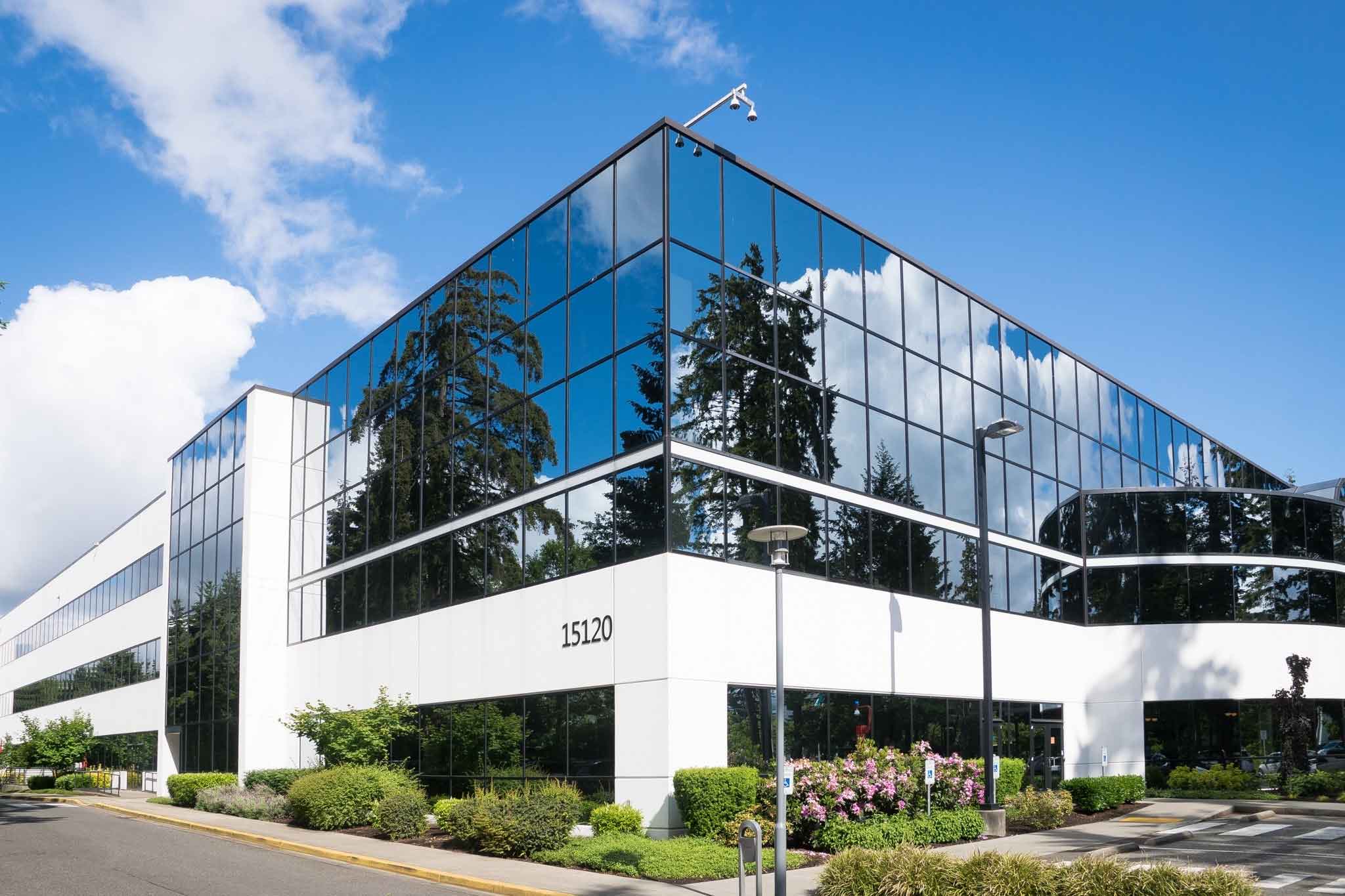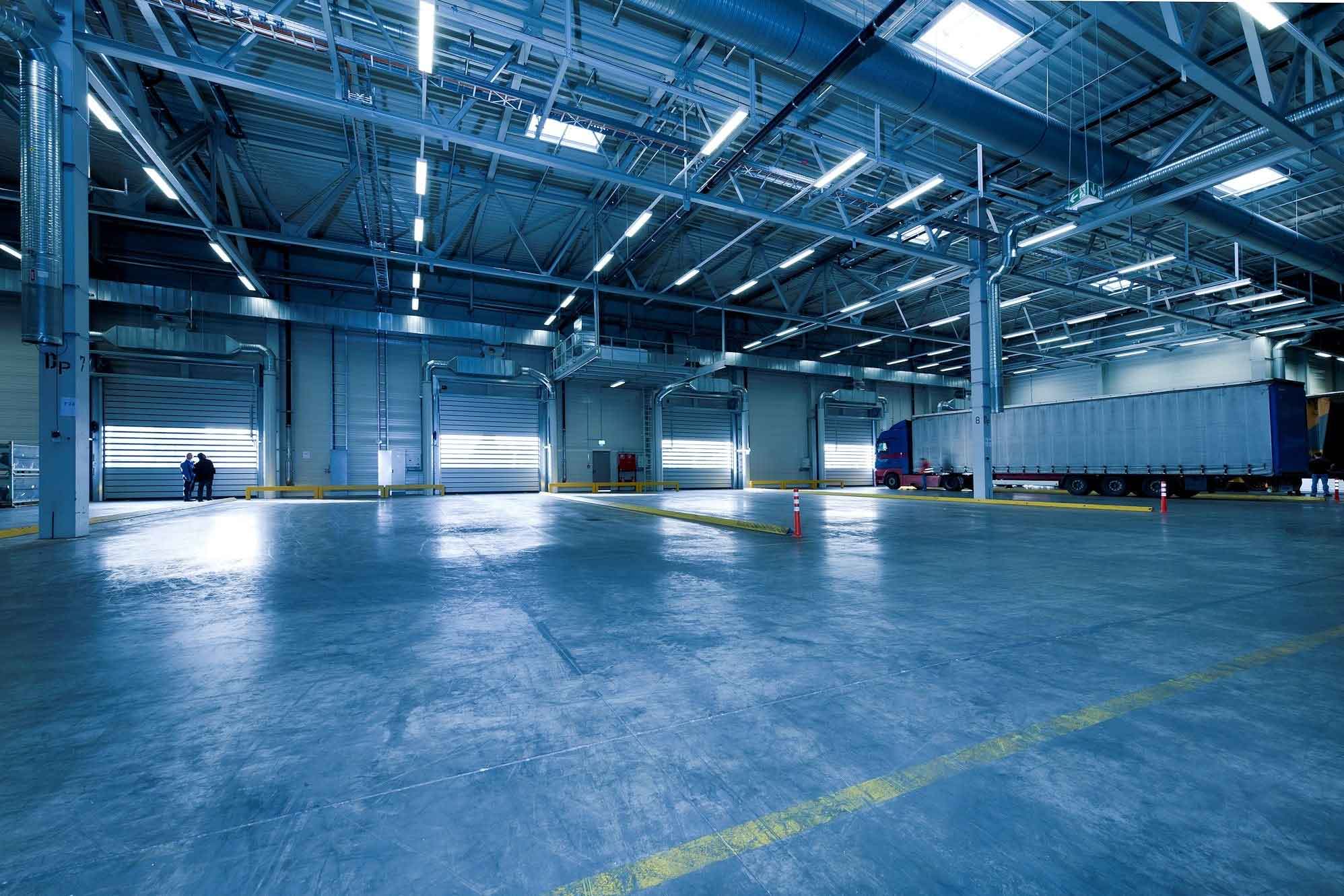If the bank says NO, DFS can get you a YES!

Investing in commercial real estate has the potential to be lucrative, but it often requires substantial capital. Commercial real estate loans can be beneficial tools that help individuals and businesses acquire, develop, or refinance commercial properties. In Australia, where the real estate market is generally robust and constantly evolving, understanding the nuances of commercial real estate loans is crucial for a successful commercial property purchase.
This article serves as a comprehensive guide to mastering commercial real estate loans in Australia.
The purpose of a commercial property loan can be broadly categorised into three main types:
The level of risk associated with a commercial property loan affects the approval process and the terms and conditions offered by lenders. Lower-risk loans are more likely to be approved and come with more favourable terms. However, that risk is assessed on several factors, including the property value, rental income being received, commercial property interest rates, and of course, your financial situation (including whether you have a bad credit history or not).
It’s important to note that certain types of commercial properties can provide greater security for lenders compared to others. For instance, purchasing an established office building with long-term tenants and existing lease agreements in place may be considered less risky than building a property from scratch without any prior tenant commitments.
In cases where the loan application is considered higher risk, lenders may require additional security, such as other business assets or a residential property. You may be required to provide this security under a general security agreement (GSA) however, the need for additional security depends on the specific circumstances of your situation.
Commercial real estate loans in Australia come in various forms, each designed to cater to specific needs and situations. Some common loan types include:
To qualify for a commercial real estate loan in Australia, borrowers typically need to meet specific eligibility criteria, which may vary among lenders. Most commercial property loans form part of business lending, meaning that the borrower is generally a business entity rather than an individual. Key factors that lenders generally consider include creditworthiness, financial statements, property assessment, and the Loan-to-Value Ratio (LVR) of the prospective finance.

Obtaining a commercial real estate loan in Australia may present certain challenges that borrowers should be prepared for:
Obtaining a commercial real estate loan can be complex, but with careful planning and preparation, you may be able to increase your chances of success. Here are some tips to help you navigate the loan application process:
If you’re looking at your loan options for a commercial property loan, then Diverse Funding Solutions may be able to assist. With access to over 200 of Australia’s top private lenders, we can help source the right commercial lending solution for your commercial property investment aspirations.
Contact the team to find out more today!

Due to commercial lending being quite different from lending for residential properties, most residential mortgage brokers do not specialise in commercial property loans. Therefore, it may be best to seek the specialised knowledge and experience of commercial lenders when seeking finance for commercial property investment.
Valuations on residential properties typically cost much less than those for commercial property. That’s because there are normally fewer factors to consider in a residential property, and generally speaking, there is considerably more work involved in providing a thorough valuation for a commercial property than in a residential property.